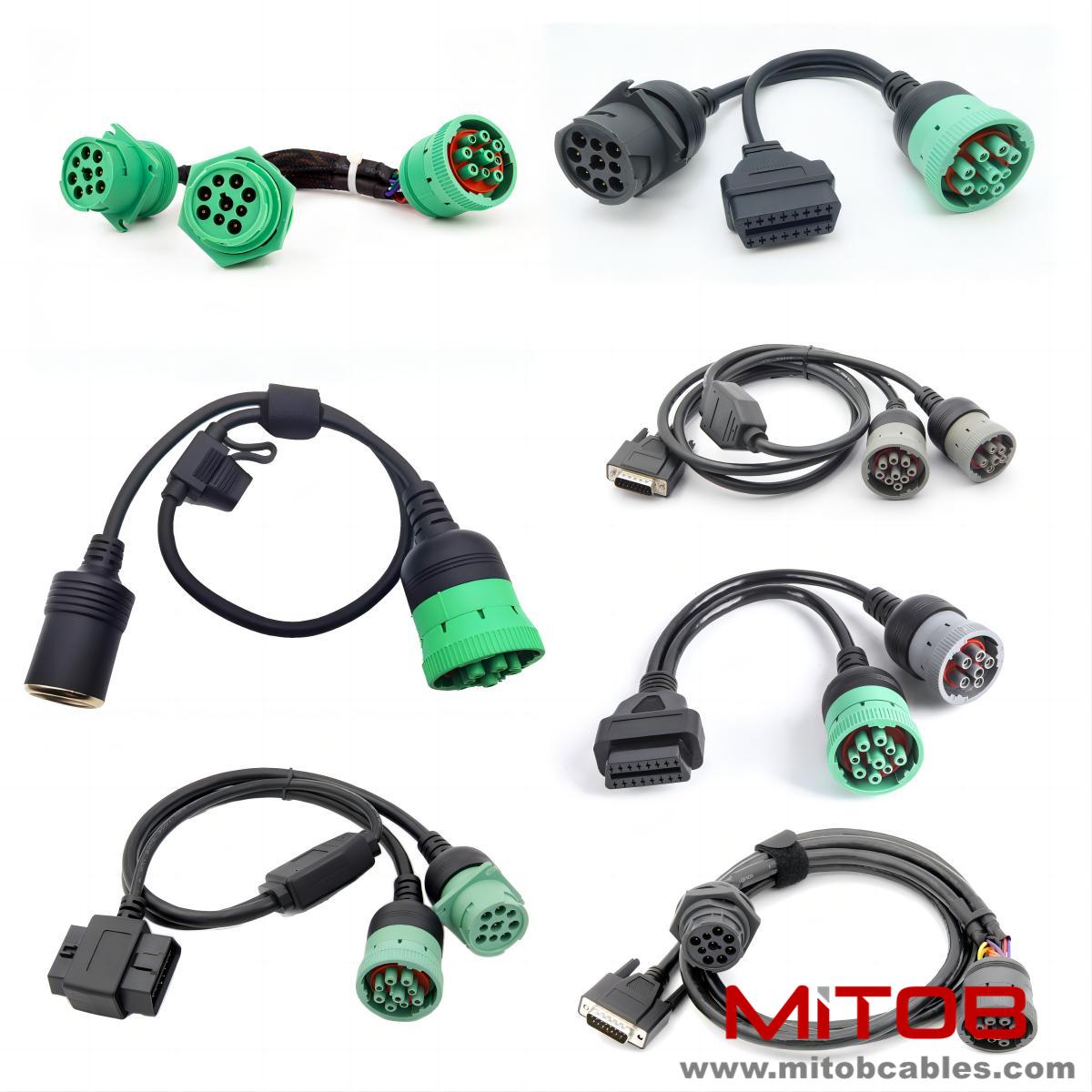In modern heavy vehicles such as buses, heavy-duty trucks, ships, agricultural machinery, and large engines, communication between electronic components is crucial. In order to ensure that the various components in these complex systems can efficiently and accurately transmit information, J1939 cables are applied in multiple fields.

Structure and Function of J1939 Cable
As a physical medium connecting various electronic control units (ECUs), the structure and characteristics of J1939 cable are crucial for the performance of the entire communication system. J1939 cables typically use shielded twisted pair cables with a characteristic impedance of 120 Ω and a transmission rate of 250 kbit/s. This design can effectively reduce electromagnetic interference and ensure stable signal transmission. In addition, the differential voltage transmission method of the cable and the 120 Ω terminal resistance further enhance the anti-interference ability and transmission quality of the signal.
Functionally, J1939 cables are responsible for establishing electrical connections between electronic control units at the physical layer and transmitting CAN data frames encapsulated by the data link layer. These data frames contain various instructions, status information, and diagnostic data, which are the basis for the collaborative work of various systems in the vehicle. Through J1939 cables, key components such as the engine, gearbox, braking system, and sensors of the vehicle can exchange information in real-time, achieving precise control and fault diagnosis.
Contact: Kevin
Phone: 0086-18823374992
E-mail: kevin@mitobcable.com
Whatsapp:
Add: Bld B2, Floor7 , Xinghe Zhongkai AI Industrial Park, Zhongkai High-tech Zone, Huizhou,China